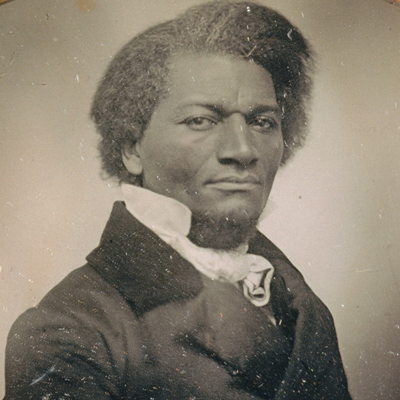
People who don't know each other gather, and you know what's likely to happen next. The meeting organizer will want to go around the room and have each person introduce themselves.
The results of this request can vary widely: Someone may tell you the names of their children and dogs. Others may rattle off their 17-word job title, and you still have no clue what they do. A few people will be utterly charming, no doubt. And at least one person is likely to speak their name so quickly, you don’t catch it at all.
"Oftentimes, even people with an organization don’t know what their colleagues do based on their job titles."
– Marketing professor Gary Gebhardt
Introductions are a small part of a meeting, yet when you manage yours well, you benefit and so does everyone else who will be collaborating with you. Here are a few quick questions to ask yourself before your next opportunity to tell them who you are comes around.
What's important for this group to know about me?
You can't say everything about yourself—and no one has the time or patience to hear it, especially in this setting. So consider what's important for this particular group to know about you and highlight that.
Another way to keep your introduction focused is to use the Rule of 3 and aim for a three line introduction:
(1) Hi everyone, I'm Joan Sellers and I lead the team that plans and creates advertising campaigns at XYZ. (2) Some of you may have seen our most recent campaign, "XYZ marks the spot,"which has increased our online sales significantly in the last month. (3) I'm looking forward to working with all of you to create a plan to sell more Girl Scout cookies this year.
Is there a connection I can make?
Have you worked with others in the room? Do you provide a service you know they use? Are you committed to a cause they care about? There are many ways we're connected, and you'll make yourself more interesting and memorable if you have a positive connection and can reference it.
Or you might also consider if there's an opportunity for you in the room. For example, imagine you edit a magazine, you're introducing yourself at a lunch meeting, and your magazine also happen to be looking for youth baseball coaches to interview for a feature. You might introduce yourself and announce that very fact: I'm Radhika Jones. I’m editor of Vanity Fair magazine. By the way, we're working on a feature about Little League coaches, so if you know someone we might interview, I'd love to hear about them.
Is my title the best way to let people know what I do?
For many people, it's automatic. They say name and title when they introduce themselves. That's not wrong and in some companies, titles help co-workers understand a lot.
Yet, titles may not be the best way to let people know what you do if they aren’t familiar with your organization or your industry jargon. In this article on resume writing, marketing professor Gary Gebhardt makes some excellent points that can translate to introductions. As he notes:
Job titles are socially-constructed shorthand that only have meaning within the organization that created and uses them. Oftentimes, even people with an organization don't know what their colleagues do based on their job titles.
And of his own job titles, he adds:
The same has been true of every job I've ever had: my favourite being "senior consultant," which I've had at three completely different consulting firms specializing in information technology, business-to-business marketing, and innovation.
Considering who is in the room, you might get a lot further with a line about what you do rather than rattling off a job title.
How can I speak my name so everyone understands it?
This might not be as much of a challenge if your name is Tom Jones or Betty White (though we southerners can always wring a few extra syllables out of the simplest words and leave listeners confounded).
Simple or complex, your name must be spoken precisely and loudly enough so people can get it. And if yours happens to be more complicated or less familiar, speak it slowly. For example, if you go by Laniakea Sarbaturi, a beautiful name one might not hear every day, you could put everyone at ease and give them the chance to enjoy your name by not rushing over it.
Why make the effort for something so simple?
A solid introduction makes it easier for the people in the room to understand who you are and the contributions you might be able to bring to the situation. When you introduce yourself effectively, you enhance your reputation and you better represent your organization.
These frequent, routine messages are also a great outlet for working on fundamental communication skills, helping us hone our abilities to analyze what's needed, match message to situation, and look for ways to communicate with a purpose in mind.






